Search results for 'the and'
-
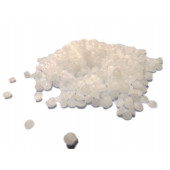
Microcrystalline Wax
Starting at: £8.50
-
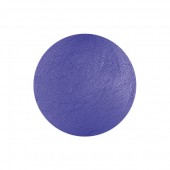
Egyptian Blue Pigment
Starting at: £5.90
-
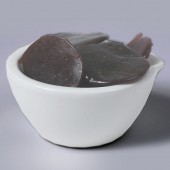
Button Shellac
Starting at: £8.40
-
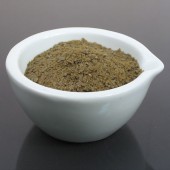
Carnauba Wax Grey
Starting at: £8.40
-
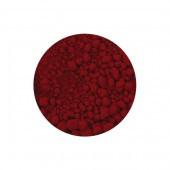
Carmine Red Genuine Pigment
Starting at: £10.00
-
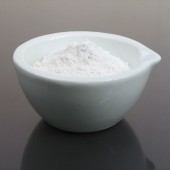
Plaster of Paris
Starting at: £6.00
-
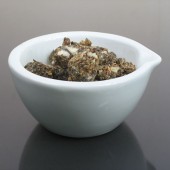
Gum Benzoin
Starting at: £14.70
-
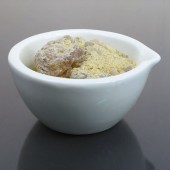
Gum Copal Manila
Starting at: £6.00
-
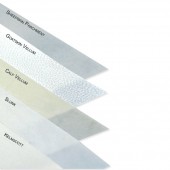
Kelmscott
Starting at: £19.55
-
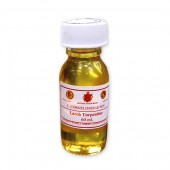
Cornelissen Larch Venice Turpentine
Starting at: £28.80
-

Gamboge Powder
Starting at: £5.20
-
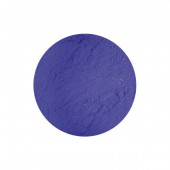
Smalt Dark Pigment
Starting at: £5.30
-
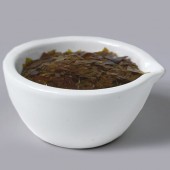
Orange Shellac
Starting at: £8.00
-
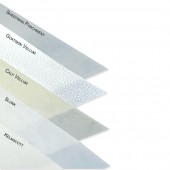
Calf Vellum
Starting at: £16.75
-
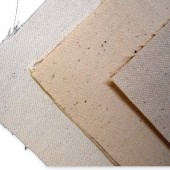
Unprimed Cotton
Starting at: £7.40
-
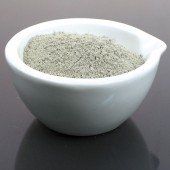
Fullers Earth
Starting at: £6.30
-
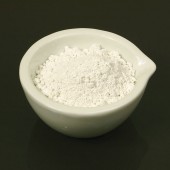
Gypsum
Starting at: £5.70
-
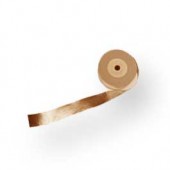
Genuine Gold Rolls
Starting at: £943.20
Call to Order
-
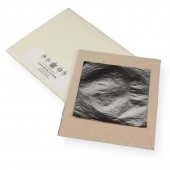
Cornelissen Silver Foil Leaf-Single
£13.00 -
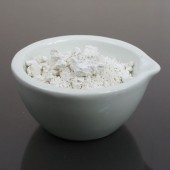
Whiting
Starting at: £4.00
-
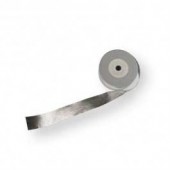
Genuine Silver Rolls
Starting at: £417.80
-
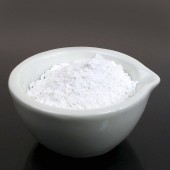
Gesso di Bologna
Starting at: £12.00
-
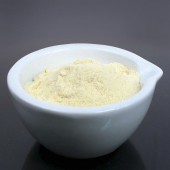
Powdered Rosin
Starting at: £13.90
-
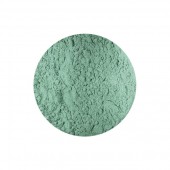
Genuine Malachite Pigment
Starting at: £14.90
-
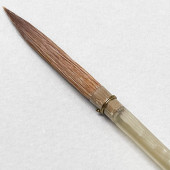
Cornelissen Pointed Quill Writer
Starting at: £13.60
-
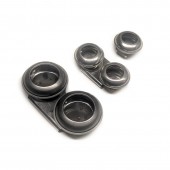
Saucer Dippers
Starting at: £2.60
-
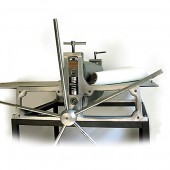
Cornelissen T73140 Professional Press
£3,800.00 -
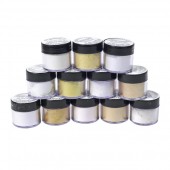
Pearl Lustre Pigments 7g
Starting at: £4.70
-
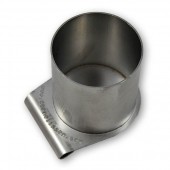
Cornelissen Dippers
Starting at: £15.00
-
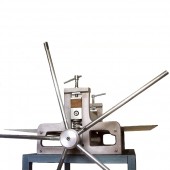
Cornelissen T52100B Professional Press
£2,150.00





